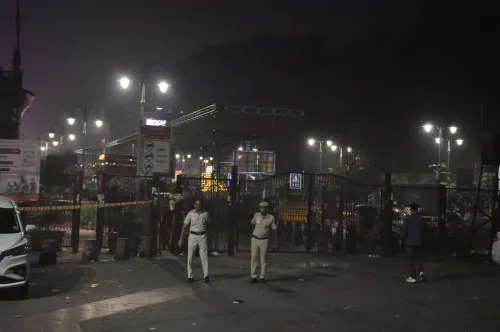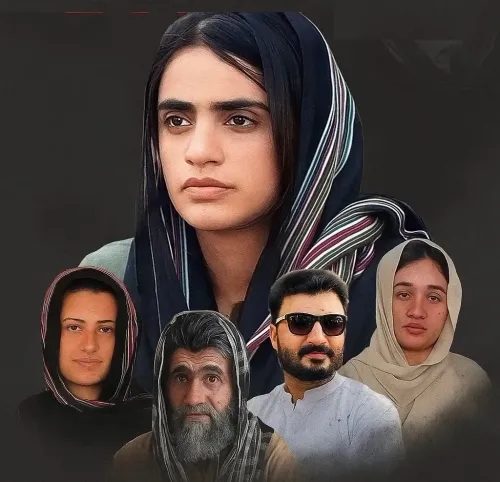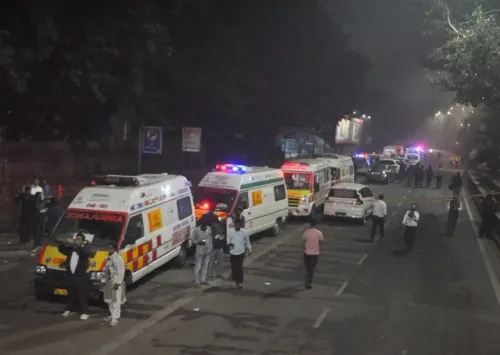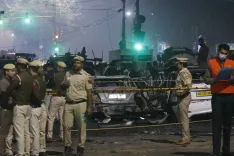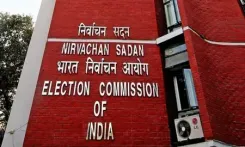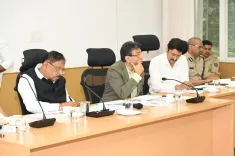Is CM Rekha Gupta's Attacker Getting Access to the FIR?
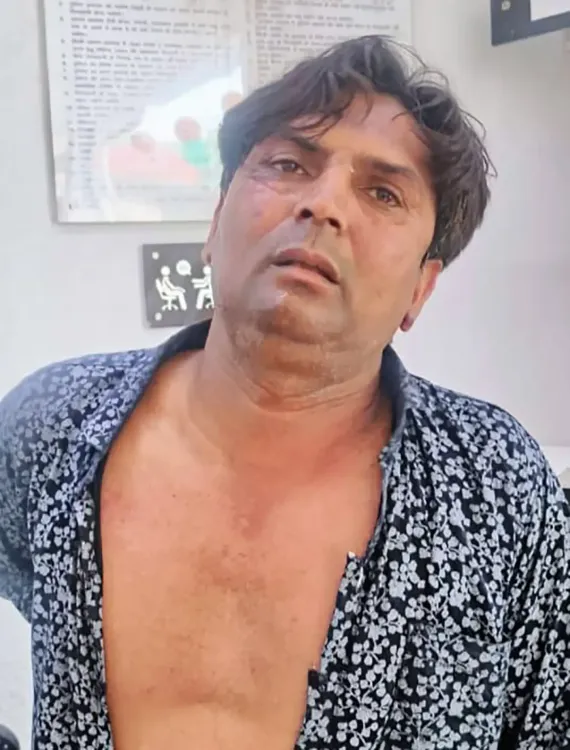
Synopsis
Key Takeaways
- The court emphasized the right of the accused to access the FIR.
- Assault on public officials raises serious concerns about safety.
- The case highlights the balance between legal rights and public accountability.
- Judicial transparency is essential for trust in the legal system.
- Rajesh Sakariya's criminal history may influence public perception of the case.
New Delhi, Sep 25 (NationPress) A Delhi court has ordered the metropolitan police to furnish a copy of the First Information Report (FIR) to the individual accused of assaulting Delhi Chief Minister Rekha Gupta.
Judicial Magistrate First Class Gaurav Goyal of the Tis Hazari Court noted that according to a ruling by the Supreme Court, every accused individual has the right to receive a copy of the FIR.
This case centers around the attack on Chief Minister Gupta during a 'Jan Sunwai' session at her residence in Civil Lines on August 20. The perpetrator, identified as Rajesh Bhai Khimji Bhai Sakariya, a 41-year-old autorickshaw driver from Rajkot in Gujarat, had initially posed as a complainant before launching the assault.
Rajesh Sakariya presented documents to the chief minister and referenced a court case before the attack.
Sakariya was apprehended shortly after the incident and charged with attempted murder, assaulting a public servant, and obstructing official duties.
Subsequently, he filed a motion with the court claiming he had not received a copy of the FIR.
The police opposed this request, arguing that the FIR had been classified as sensitive under police regulations and that the application was both premature and inadmissible.
However, the Special Public Prosecutor (SPP) indicated that the FIR could be shared if the accused provided an undertaking to keep it confidential. The defense attorney for Sakariya countered that such an undertaking was not legally required.
After considering all arguments, the court determined that the FIR copy must be provided to the accused, dismissing the police's argument.
Moreover, Sakariya's criminal history, revealed during the investigation, indicated that he has at least five cases registered against him at Bhaktinagar Police Station in Rajkot, with acquittals in four of those cases.

